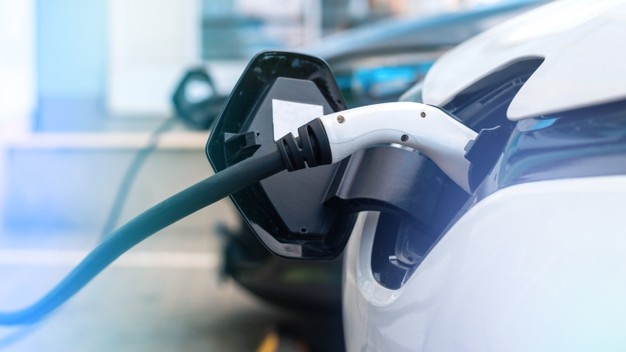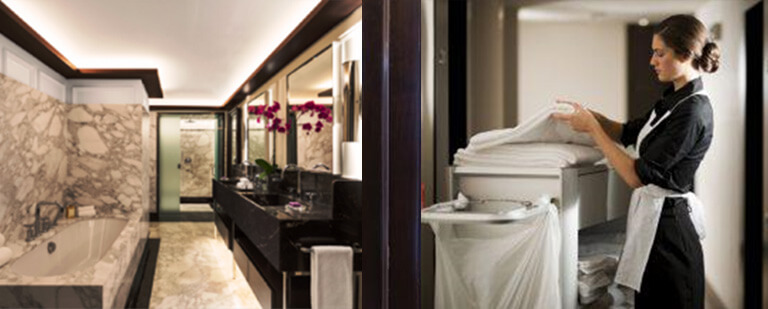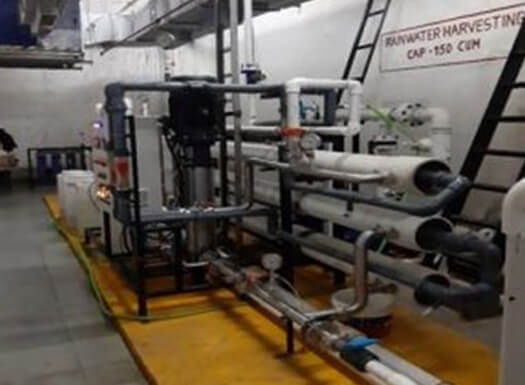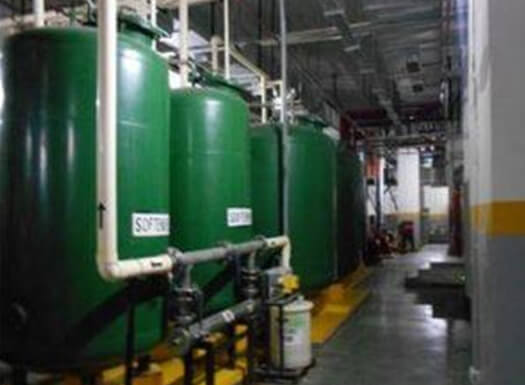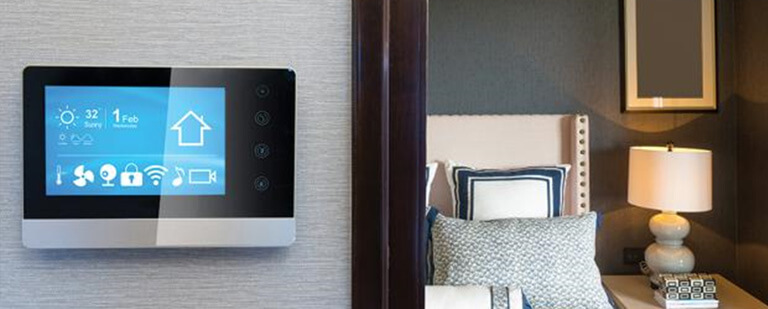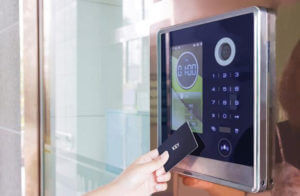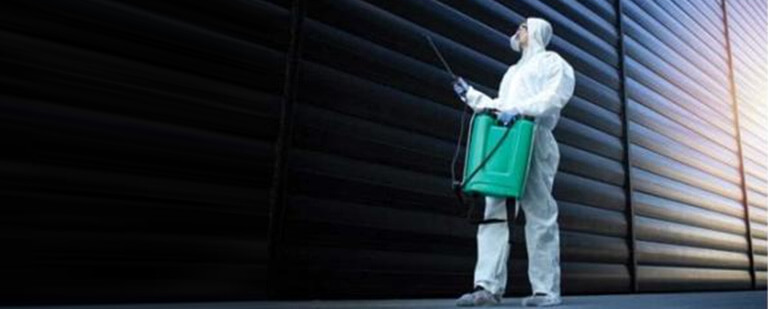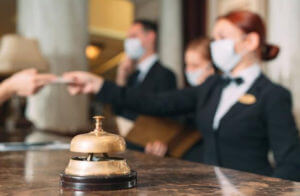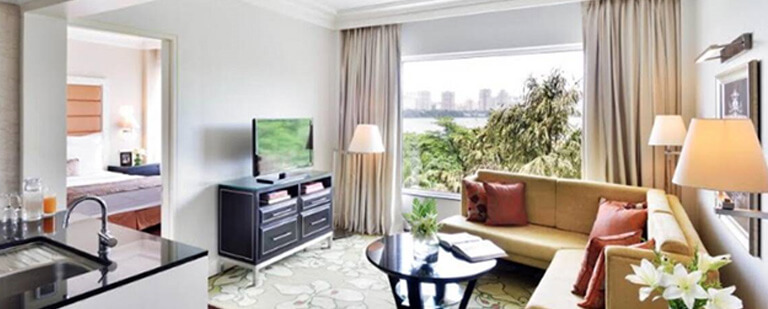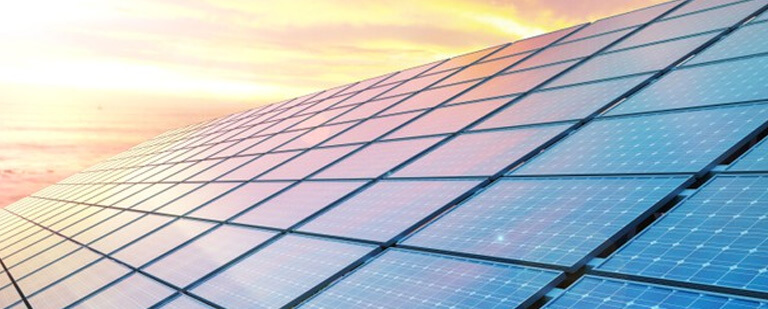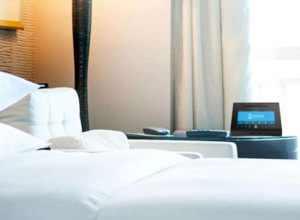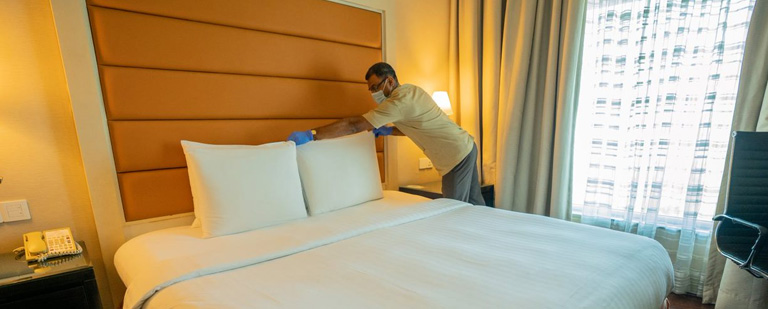World Environment Day was established in 1972 by the United Nations at the Stockholm Conference on the Human Environment. The UN realised that there needs to be a coordinated global focus to begin to make environmental conservation and natural resources a priority. This year’s observation calls for commitment to protect the ecosystems, which support the livelihood of millions of people globally. It is, therefore, important that this is taken upon seriously as we would all want to leave a better world filled with hope for our children and their children’s children. We take this opportunity to highlight more green initiatives from various companies as well as get to know the thoughts and plans industry leaders have to regenerate and restore our ecosystem.
Chalet Hotels Ltd. – Hospitality Industry’s Role in Reducing Environmental Impact Through Sustainable Energy Practices
As Benjamin Franklin once said, “When the well’s dry, we know the worth of water.” No business ecosystem is more crucial than the elements of nature itself. World Environment Day marks the annual celebration created to raise awareness and actions to safeguard the environment. As per the United Nations, the theme for the day this year is ecosystem restoration that aims to spread awareness and encourage citizens to develop a sustainable ecosystem through greener cities and conscious consumption habits amongst each individual and the organization to resettle the relationship with nature.
The tourism sector is a broader ecosystem that encompasses businesses such as hotels, airlines, restaurants, transportation, entertainment, and several other industries engaged in supporting travel, lodging and food service. As per UNWTO, tourist transportation accounts for an estimated 75 per cent of total tourism emissions, accounting for 5 per cent of all manufactured emissions and more than 20 per cent of all transport-related emissions. The COVID-19 pandemic has compelled the tourism industry to refocus on resiliency, sustainability, and interconnectivity among varied stakeholders. As a result, worldwide trends such as clean energy, green architecture, and sustainable waste management reflect today’s environmentally conscious travellers’ consumption patterns. In 2021, it is crucial to promote the hotel industry’s significant role in lowering the carbon footprint. It includes adapting to practices and values that encourage waste removal, increasing reusable energy, and discarding hazardous products.
Smart and optimised energy consumption:
 The “new normal” has made it vital for hotel operators to review costs and explore innovative solutions not only to reduce energy & water consumption but also to work towards sustainable development. Hotels are introducing innovative tools like predictive guest room technology, smart lighting technology, AI and data-driven solutions, and green infrastructure to reduce energy consumption, thereby enabling them to lower operating costs considerably. At Chalet Hotels, we have taken several steps towards lowering our energy consumption, and we source the bulk of our power from renewable sources. Several initiatives have been launched to reduce our energy consumption; our HVAC plant rooms have incorporated additional measures like high-efficiency chillers, inline pumps, and low approach cooling towers with variable frequency drives with plant room optimizers for lower energy consumption. As a result, consumption of HVAC plant rooms reduces by more than 15 to 18 per cent. Notably, 51 per cent of our electricity was sourced from non-fossil fuel-based sources in FY 2021.
The “new normal” has made it vital for hotel operators to review costs and explore innovative solutions not only to reduce energy & water consumption but also to work towards sustainable development. Hotels are introducing innovative tools like predictive guest room technology, smart lighting technology, AI and data-driven solutions, and green infrastructure to reduce energy consumption, thereby enabling them to lower operating costs considerably. At Chalet Hotels, we have taken several steps towards lowering our energy consumption, and we source the bulk of our power from renewable sources. Several initiatives have been launched to reduce our energy consumption; our HVAC plant rooms have incorporated additional measures like high-efficiency chillers, inline pumps, and low approach cooling towers with variable frequency drives with plant room optimizers for lower energy consumption. As a result, consumption of HVAC plant rooms reduces by more than 15 to 18 per cent. Notably, 51 per cent of our electricity was sourced from non-fossil fuel-based sources in FY 2021.
Effective waste management and water management systems:
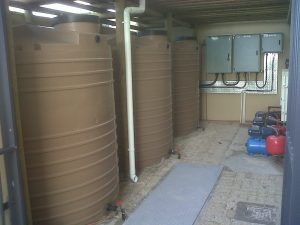 As part of our commitment to achieve our overall sustainable goals, we focus on alternative solutions and breakthrough innovations to reduce single-use plastic consumption. Our team is working hard to reduce the carbon footprint through more green practices, which can still be effective in most business aspects even during the challenges resulting from the global virus outbreak.
As part of our commitment to achieve our overall sustainable goals, we focus on alternative solutions and breakthrough innovations to reduce single-use plastic consumption. Our team is working hard to reduce the carbon footprint through more green practices, which can still be effective in most business aspects even during the challenges resulting from the global virus outbreak.
Prioritising lowering water consumption at hotels has become a norm. Some of the initiatives that our hotels have undertaken are limiting water consumption and reducing wastage through aerators in taps, custom-designed shower heads in guest bathrooms, installing waterless urinals, sensor-based washbasin taps and drip-irrigation systems. Chalet Hotels follows a zero-discharge policy, and the wastewater is recycled through the STP plant and further treated with Ultra Filtration plants. This process enables us to use the treated water for horticulture and flushing systems and chiller plants. Rainwater harvesting and recharging groundwater is a standard practice followed in Chalet hotels.
Engaging guests and employees:
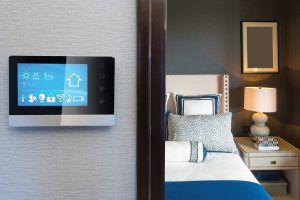 Hotels need to engage their guests through messaging and integrated service platforms about the initiatives undertaken for environmental causes and contribute to this cause during their stay. From an operational perspective, significant measures to train and educate staff about best practices. At Chalet Hotels, we continuously train and educate our staff on the need to conserve energy and the importance of working towards a sustainable future. We realise that effective communication and engagement with our guests and staff are important, and everyone needs to participate if we want to build a sustainable future.
Hotels need to engage their guests through messaging and integrated service platforms about the initiatives undertaken for environmental causes and contribute to this cause during their stay. From an operational perspective, significant measures to train and educate staff about best practices. At Chalet Hotels, we continuously train and educate our staff on the need to conserve energy and the importance of working towards a sustainable future. We realise that effective communication and engagement with our guests and staff are important, and everyone needs to participate if we want to build a sustainable future.
Some straightforward policies implemented across our hotels encourage guests to opt-out of daily bed and bath linen change and replace individual one-time-use plastic water bottles with water dispensers during banquet events. We are also exploring installing water bottling plants at our hotels, which will use reusable glass water bottles and enable us to reduce consumption of single-use plastics further.
Sustainable Development is one of the core values at Chalet Hotels Ltd., and we focus on growth tempered with respect towards the environment and the local communities. I truly believe that the hospitality industry realizes the value and need for protecting the environment and needs to be a trendsetter in sustainable development.


